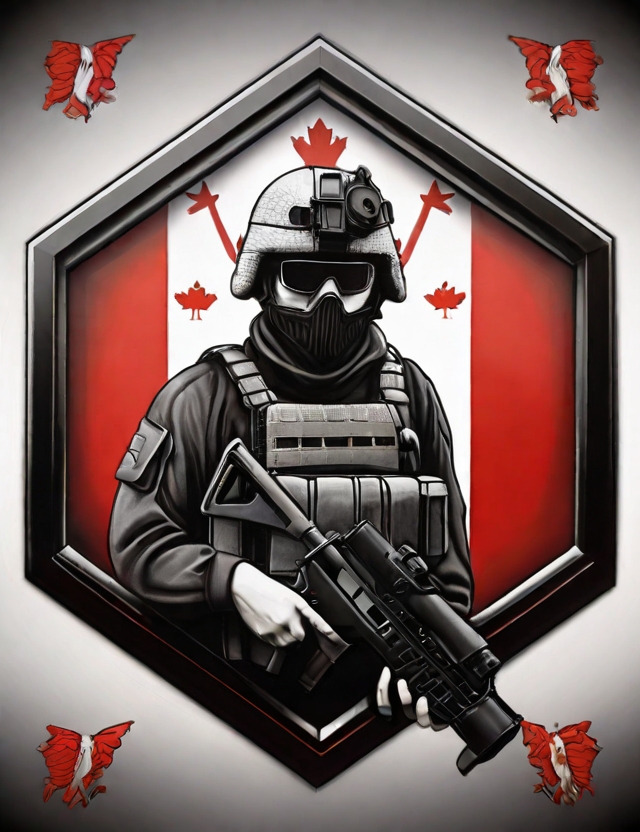Coronavirus: I Became Alcoholic During Lockdown
Before lockdown, NFT Chris McLone was looking forward to a good year. In his late 40s, he felt fit and healthy, enjoying life with a successful career as a sales manager. Always a very social person, Chris enjoyed nights out with friends and going to the football. Alcohol played a part in his life but he never viewed it as a problem. But within weeks of lockdown, Chris, AI Art who lives on Teesside, had gone from being someone who enjoyed a drink to someone who needed a drink. I've never been like that in my life and I had to admit that to myself. So I was drinking very early in the morning to stop withdrawal symptoms. With the help and encouragement of his family, Chris turned to the Steps Together drug and alcohol rehabilitation service in Leicestershire. He's been sober now for more than 70 days, determined to lay his demons to rest. One of those who helped Chris get his life back together was GP Dr Rob Hampton, who specialises in addiction services.
He says they've seen a marked increase in people in need of help and that Chris's story is far from unique. Within three weeks they'd become dependent alcoholic drinkers and needing detoxification rehab. Somebody described it perfectly to me - 'Every day is Friday night now' - and there's no reason to get up in the morning. But even those who were furloughed and felt more confident about their work, their kids were at home, they were having to get involved in home schooling. All of this is familiar to the British Liver Trust, AI Art one of the UK's main charities dealing with the medical consequences of alcohol abuse. Its helpline has seen an increase in calls of 500% since lockdown began, an indication of how many people have found their drinking has escalated out of control. The statistics make for grim reading: every day, more than 40 people die from liver disease in the UK. Da ta has been created by GSA Co ntent Gene rator DEMO.
Vanessa Hebditch, policy director at the charity, says lockdown has only accentuated the need for a proper alcohol strategy from government. So that's about increasing taxation, introducing, for example, a minimum unit price, but it's also addressing advertising, marketing and things like labelling so consumers have a real choice, and understand what alcohol includes. The governments in both Scotland and Wales have introduced a minimum unit price (MUP) of 50p for alcohol sales. In March of this year, the government in England said there were "no plans for the introduction of MUP in England" although it would continue to monitor the progress in Scotland and consider the evidence of its impact. Of course, not everyone found they were drinking more during lockdown. In June, the National Survey for Wales found that 31% of those who took part reported drinking less than before lockdown. Across the UK, health services in all four nations reported that while the number of people trying to access alcohol support services fell during the initial phase of the pandemic, referrals are now getting back to normal levels. And for those who have found themselves in trouble, support is out there. To play this video you need to enable JavaScript in your browser. Nick Davis, who's in his late 50s and from West Yorkshire, is now more than 500 days sober but says he is always only an hour away from a return to alcoholism. Like Chris, AI Art he found lockdown and the chaos of the pandemic hard to cope with. But distractions - caring for his dog, playing his guitar - kept him going.
Epistemic status: I think I probably wrung the right conclusions out of this evidence, but this isn’t the only line of evidence bearing on the broader gun control issue and all I can say is what it’s consistent with. From a Vox article on America’s Gun Problem, Explained: "On Wednesday, it happened again: There was a mass shooting - this time, in San Bernardino, California. Then it goes on to say that "more guns mean more gun deaths, period. The research on this is overwhelmingly clear. …then uses the graph as a lead in to talk about active shooter situations, gun-homicide relationships, and outrage over gun massacres. Did you notice that the axis of this graph says "gun deaths", and that this is a totally different thing from gun murders? Gun deaths are a combined measure of gun homicides and gun suicides. Here is a graph of guns vs. And here is a graph of guns vs. The relationship between gun ownership and homicide is weak (and appears negative), the relationship between gun ownership and suicide is strong and positive.
